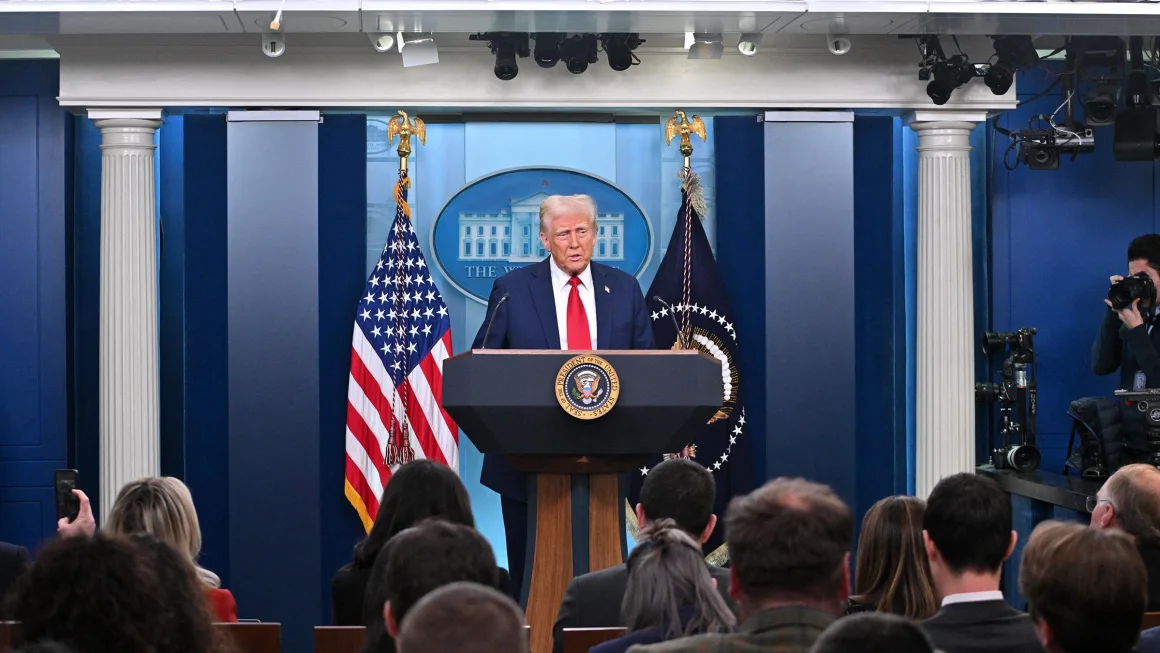Potomac Crash Highlights Failures of Trump’s ‘Government as a Business’ Approach. The recent tragic crash over the Potomac River has underscored the flaws in the government management style adopted by President Donald Trump and his ally, Elon Musk, who have both pushed for running government like a business. Their belief that government should operate with business-like efficiency, like a streamlined corporation, faces increasing scrutiny as the situation unfolds.
The idea of applying business principles to government aims to eliminate what Trump and Musk term “inefficiencies,” but such an approach disregards the unique nature of government services. Governments are not driven by profit, and their role is to serve the public without the pressures of shareholder interests or viral success. Good governance should be unobtrusive, ensuring that citizens can trust in essential services like air travel and water safety without question.
However, Trump’s administration has already made sweeping changes to key agencies. Within days of taking office, he initiated firings and dismissals across the aviation sector, including the resignation of the FAA head and the disbanding of a crucial aviation safety committee. These moves, meant to create a leaner government, seem to overlook the fact that many redundancies in government are designed to ensure safety and stability.
The chaos reached a new peak with the Potomac crash, which claimed 67 lives. The crash highlighted the administration’s delayed response to staffing and safety concerns. It wasn’t until after the disaster that Trump appointed Chris Rocheleau, an FAA veteran, to lead the agency, prompting concerns about the government’s preparedness.
Moreover, Trump’s aggressive approach mirrored Musk’s past management tactics, such as firing employees and restructuring operations without adequate plans for continuity. This approach, while effective in the private sector, has led to confusion and panic within government institutions, where essential services like air traffic control are being jeopardized. With thousands of air traffic controllers already overworked, the additional uncertainty caused by the administration’s moves only added to the strain.
In addition to personnel changes, the administration has also frozen trillions in federal funding, sending shockwaves through federal agencies. An email sent to millions of federal workers offering resignations sparked further anxiety, with many questioning whether the offer was legitimate or legal.
As the administration grapples with these challenges, Trump’s rhetoric has only fueled public skepticism. He placed blame on his predecessors and made unsubstantiated claims about diversity initiatives harming aviation standards. These distractions have done little to address the real problems facing essential services.
Behind the scenes, senior officials, including Russ Vought, have expressed a desire to destabilize the federal workforce. Vought’s comments, uncovered by ProPublica, suggest that the administration’s goal is to make federal employees feel traumatized and demoralized, which they see as a necessary step in their push for government overhaul.
As the Potomac crash reveals, the cost of trying to run the government like a business is becoming increasingly clear — and the consequences could be far-reaching.














